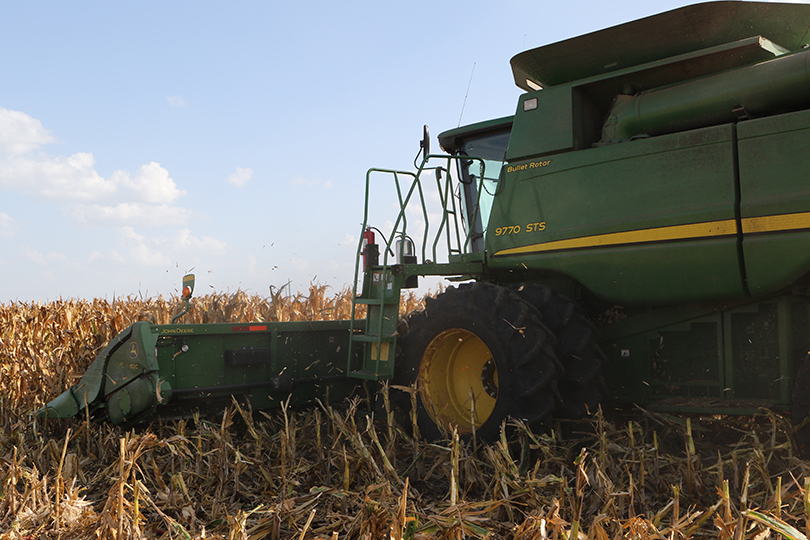Meetings are set for Sept. 27 in Dimmitt and Dumas to address concerns about the presence of high levels of fumonisin in corn being harvested in the Texas Panhandle, according to Dr. Jourdan Bell, Texas A&M AgriLife Extension Service agronomist in Amarillo.
The first meeting is scheduled for 9 a.m. at the Castro County Expo, 405 S.E. 4th St., Dimmitt. The second meeting will be at 6 p.m. at the Moore County Community Center, 1600 S. Maddox St. in Dumas.
Speakers include Dr. Thomas Isakeit, AgriLife Extension plant pathologist; Dr. Cat Barr, Texas A&M Veterinary Medical Diagnostic Laboratory toxicologist; and a representative from the Texas State Chemist Office, all of College Station. Other speakers will be Dr. Jason Woodward, AgriLife Extension plant pathologist in Lubbock, and a representative from RMA Insurance.
The meetings, sponsored by the Texas Corn Growers, are intended to address corn farmers’ and livestock owners’ concerns about reports of fumonisin in recently harvested corn.
Isakeit said mycotoxin refers to a group of extremely toxic substances caused by common fungi or molds growing on grain, feed or food in the field.
“In Texas, there are two important mycotoxins on crops—aflatoxin and fumonisin. Aflatoxin is usually associated with corn, cottonseed and peanuts. Fumonisin is commonly associated with corn,” he said. “Environmental conditions—such as drought, excessive moisture at a critical growth period or insect damage—will determine the occurrence of these toxins, which can be deadly for livestock at certain levels.”
Topics to be discussed include aflatoxins and mycotoxins in corn, why those toxins pose a problem in feed sources, answers going forward regarding production decisions, testing procedures and options, insurance and toxicology questions related to livestock.
Barr urged people not to feed rejected corn to horses or livestock until more is known.
Isakeit said other mycotoxins exist but not as a problem in Texas. Fumonisin does not occur on wheat, but there are other mycotoxins produced by related species of Fusarium that do.
“These are generally not a problem in Texas but bear watching,” he said.

